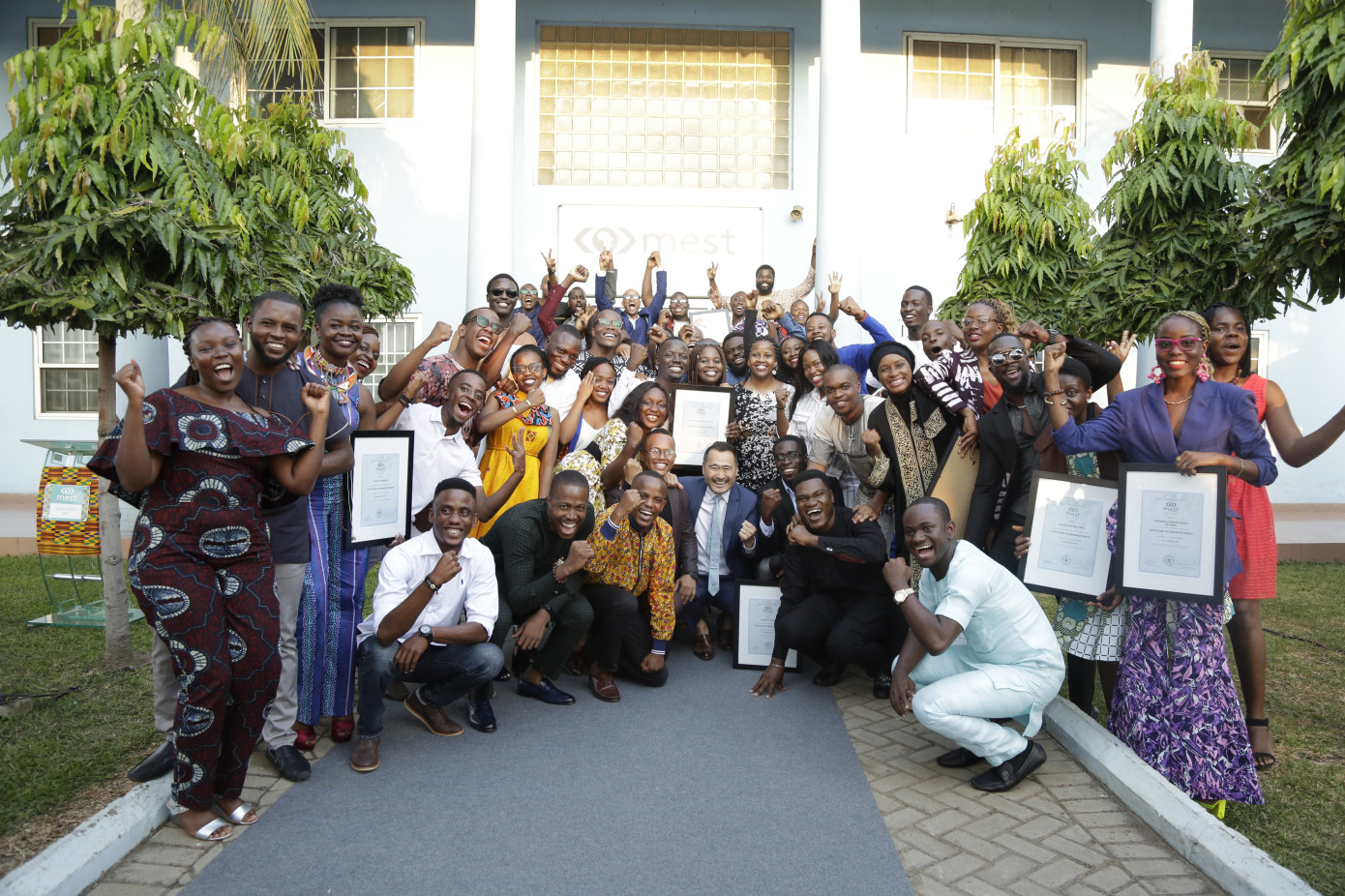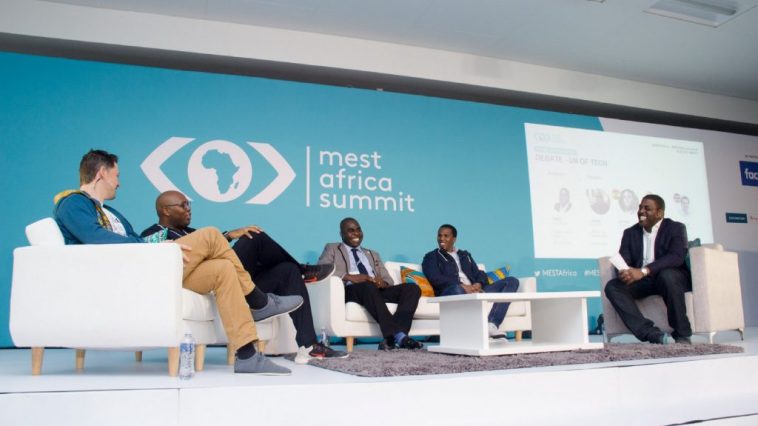TechInAfrica – In serving the ever-growing technology updates and modernization, large-scale companies have started incubation and acceleration programs with hopes to upgrade seed-stage startups to better welcome the impending Fourth Industrial Revolution. MEST, an African incubator, recently invested in 11 selected startups from its 2019 cohort that will each receive $100,000 financing from the incubator—totaling approximately $1.1 million of value.
MEST, an Accra-based organization, specializes entrepreneurial training programs, seed funding, and serving as a general tech hub. With $1.1 million of total investment, this has been the biggest investment yet to be made by MEST. Primarily aiming to build and nurture successful commercial tech companies, the incubation notion is led by a new Managing Director—Ashwin Ravichandra, as a fervent successor to Aaron Fu back in July. Furthermore, the program is launched across four countries of the continent; Nigeria, Kenya, Ghana and South Africa.

What are the eleven startups to be incubated beneath MEST’s wings?
Cited from TechCrunch written by Jake Bright, the following startups are to receive MEST’s investments:
- Massira: a social support network and healthcare service aggregator for women, launching in Ghana;
- BezoMoney: a digital savings platform for traditional savings groups, launching in Ghana;
- Farmula: a web and USSD platform to create a direct connection between farmers and businesses using an automated process to increase order efficiency, launching in Kenya;
- CoFundie: a platform for crowd-sourcing funds for the development of buildings using cost efficient and time-saving techniques, launching in Nigeria;
- Niqao: a financing platform that connects merchants and lenders to enable them to offer customers the option of paying in installments, launching in Ghana;
- Saada: a messaging and mobile money ticketing services for increasing digital sales and data collection, launching in Kenya;
- Nadia: a personalized automated health companion that provides quick medical attention and prescriptions, launching in Kenya;
- Kweza: a service that enables informal retailers to order products at the best price and receive deliveries directly to their stores, launching in South Africa;
- CoVibes: a platform that pairs verified studios and producers, allowing them to list their profiles and manage bookings while enabling artists to find and collaborate with them and each other, launching in Nigeria;
- Adi+Bolga: a platform using the power of technology and community to gather data and create conversations around the black skin and black skincare, launching in Ghana;
- Zuri: a platform that helps beauty professionals manage their customers and provides an easy way for people to find and book beauty services, launching in Nigeria;
As stated above, the startups vary diversely across numerous sectors and approaches. For example, BezoMoney—a company based in Ghana—implements digital savings platform to provide an e-wallet for personal savings, a group e-wallet for group savings, alongside various other services to conveniently manage their users’ savings.
Another prime example would be Zuri, a company based in Nigeria operating in the fields of beauty for local women. The availability to book beauty professionals, as well as providing a quality and expertise assurance for its users are boosted by MEST’s up-and-coming investment towards the startup.

The incubation, which will take approximately 18 months, allows the recipients of seed rounds to work out of MEST incubators in the company’s markets across Africa. Additionally, MEST is also looking to expand to more countries in the future—setting up their designated incubation stations. For one, Cote d’Ivoire has been a prominent target for its next objective.
With Africa receiving latest expansions of tech hubs for the past couple of months and/or years, the region has become a pivotal framework for startup formation. Needless to say, investors and foreign developers alike have also taken interest in contributing to the overall tech scene of the continent.
Source: techcrunch.com



